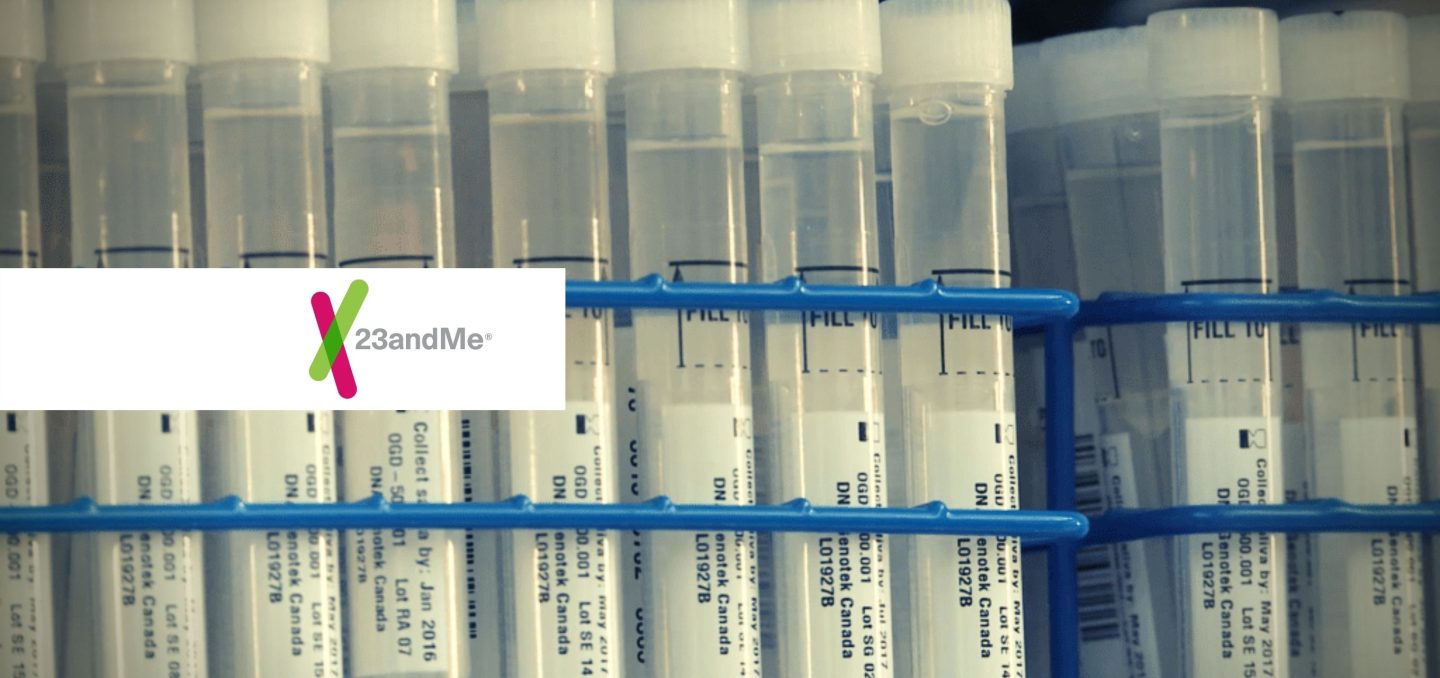SUNNYVALE, Calif., Jan. 06, 2022 (GLOBE NEWSWIRE) — 23andMe Holding Co. (“23andMe”), a leading consumer genetics and research company, today announced the first participant has been dosed in a Phase 1 clinical trial evaluating 23ME-00610 for the treatment of advanced solid tumors. 23ME-00610 is 23andMe’s first wholly-owned immuno-oncology (I/O) antibody to enter the clinic. The target for the new investigational antibody, CD200R1, was identified as a promising immuno-oncology target through 23andMe’s proprietary genetic and health survey database.
This is an important milestone for 23andMe in our mission to help people access, understand and benefit from the human genome, said Anne Wojcicki, CEO and co-founder, 23andMe. When we started our Therapeutics group, our goal was to find new medicines validated by human genetics for people with serious unmet medical needs. That’s why we’re excited to move 23ME-00610 into the clinic to potentially help people with cancer who are in need of new treatment options.
The Phase 1 clinical trial is designed to evaluate the safety, tolerability and pharmacokinetics of 23ME-00610 in patients with locally advanced or metastatic solid tumors whose disease has progressed after standard of care treatment. 23ME-00610 is part of 23andMe’s larger drug discovery program of targets validated by human genetics across a spectrum of disease areas, including oncology, immunology, respiratory, and cardiometabolic diseases.
Our approach to drug discovery is driven by human genetics, and we have an incredibly large database from which to select and advance genetically validated targets more efficiently, and with a potentially higher probability of success, than traditional drug discovery methods currently allow, said Kenneth Hillan, Head of Therapeutics at 23andMe. 23ME-00610 is an exciting example of how we are translating our data into investigational therapeutics.
23andMe has approximately 12 million customers, approximately 80% of whom consent to participate in research. 23andMe scientists study aggregate, de-identified genetics of these participants, alongside more than 4 billion health survey answers. Using its large database of genetically linked health traits and machine learning applied to its proprietary I/O genetic signature, 23andMe is able to pinpoint areas of the genome that contain targets for cancer therapeutics based on human genetics, including the 23ME-00610 target.



